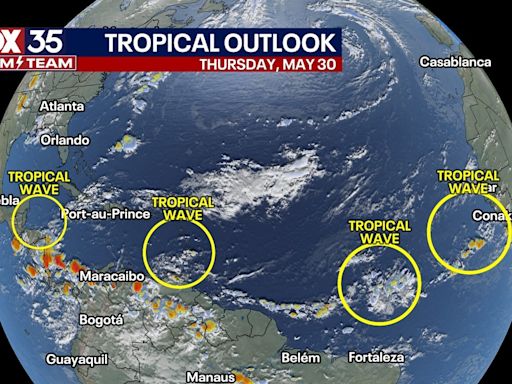Search results
Hospitals, clinics. Tropical medicine is an interdisciplinary branch of medicine that deals with health issues that occur uniquely, are more widespread, or are more difficult to control in tropical and subtropical regions. [1]
Feb 1, 2019 · The London School of Hygiene and Tropical Medicine was formally inaugurated on October 2, 1899. He eventually went on to become the first president of the Royal Society of Tropical Medicine and Hygiene in 1907.
- Priscilla Rupali
- 10.1016/j.idc.2018.10.011
- 2019
- 2019/03
People also ask
When did Tropical Medicine start?
How did tropical medicine evolve after colonialism?
What is Tropical Medicine?
Why did the Colonial Medical Service establish a school of Tropical Medicine?
Tropical diseases first enter medical discourse as a unique conceptual field and topic for specialization at the end of the 19th century, and the heyday of tropical medicine–from the 1890s to the First World War–corresponds to the golden age of Western colonialism in Africa and Asia.
Despite being the Latin American country with the youngest tradition of universities and nationally motivated science, Brazil led the way in Latin American tropical medicine research, first in the work of the Escola Tropicalista Bahiana and later the Instituto Oswaldo Cruz.
Abstract. At the turn of the 20th century, the physician William Gorgas led work that substantially mitigated mortality from mosquito-borne diseases among workers building the Panama Canal. The waterway launched the United States to political and economic superpower status by eliminating the need for risky maritime travel around the southern ...
Miasma revisited. The intellectual history of tropical medicine. Tropical medicine arose as an area of medical practice in the last decade of the 19th century. Patrick Manson dominated its early history, and it thrived through the height of the colonial era.
Sep 17, 2007 · Gordon Cook. Elsevier, Sep 17, 2007 - Medical - 296 pages. This superbly illustrated work provides short accounts of the lives and scientific contributions of all of the major pioneers of Tropical Medicine. Largely biographical, the stories discussed enlighten a new generation of scientists to the advances made by their predecessors.

